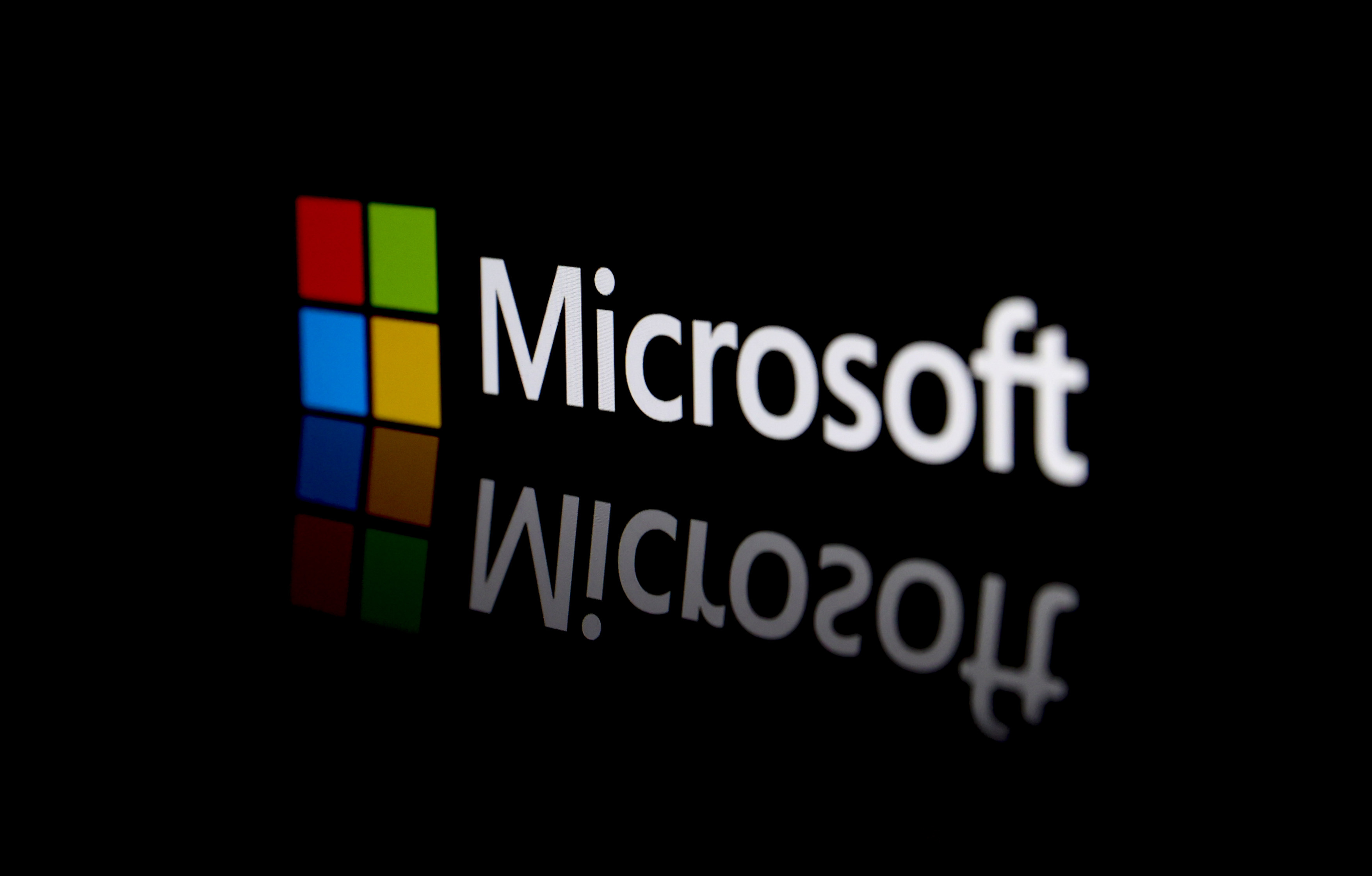LKQ: Seizert’s Quiet Obsession

They’re not shouting it from the rooftops, this Seizert lot. They’re quietly, persistently buying. Seven straight quarters now. While the stock has been… let’s say, underappreciated. Dropped from $50 to $33. It’s the sort of thing that makes me wonder if they know something we don’t. Or if they’re just exceptionally patient. Or possibly both. I’m leaning towards the latter. It’s never just one thing, is it?








